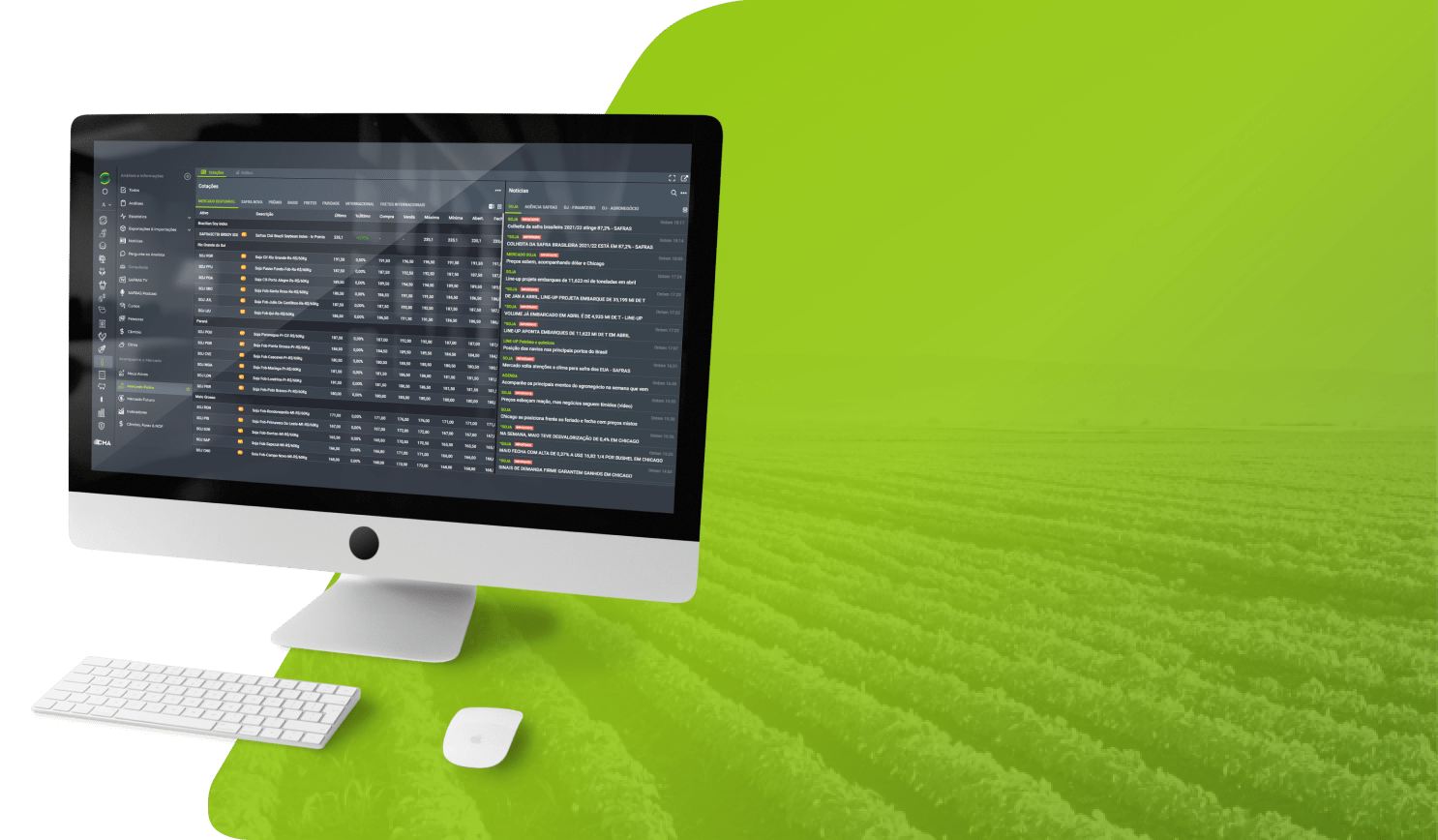Porto Alegre, September 6 th, 2022 – Besides an increase in the availability of supply, domestic demand from industries is falling in the short term, expecting new downward adjustments in the coming few months, even with the approach of the off-season. The physical sugar market had a month of August marked by low average price volatility for crystal sugar with up to Icumsa 150 in the interior of São Paulo. Sales were very slow, with many buyers entering the market only to get low volumes, intended for immediate supply. In addition, the strong downward trend observed in the prices of hydrated ethanol in the physical market caused many mills to increase their production share for sugar, reducing, on the other hand, the percentage of cane destined for ethanol. On the one hand, we actually did not have a reversal in the production mix, but even so, the concentration of ethanol suffered a strong impact in the period.
In this context of low demand and slight expansion of supply, sugar prices dropped by almost 11% year over year, although, in the margin, the direction was the opposite, with an increase of 0.64%, bordering on stability, considered practically a stable behavior compared to the previous month, July. One of the points that also explains the decline of almost 11% in the year is the statistical loading. This is because the prices of the previous year are corrected by inflation, which has been on an upward trend, thus raising the previous statistical base. For September, SAFRAS & Mercado expects prices to oscillate around BRL 133 per bag, which would lead to a 3% increase for the month, compared to current prices in August, together with a 17% decline YoY, even extending the almost 11% decrease YoY seen in August.
In the previous month, SAFRAS & Mercado had estimated that the August average for crystal sugar with up to Icumsa 150 would fluctuate around BRL 131 per bag, up 1.50% from the effective average for the period. The 3% increase forecast for September is due to the proximity of the Center-South region to its off-season, which must begin in October, albeit at the end of the month. Besides, the exit of this growing region from its productive peak (reached at the end of the second half of July) already supported prices at stable levels in August, despite the sharp decline in both domestic demand and ethanol prices in the period. However, from now on, the off-season pressure must be increasingly stronger, especially after Conab updated its second survey on the cane crop in the Center-South to 514 million tons.
SAFRAS Latam





